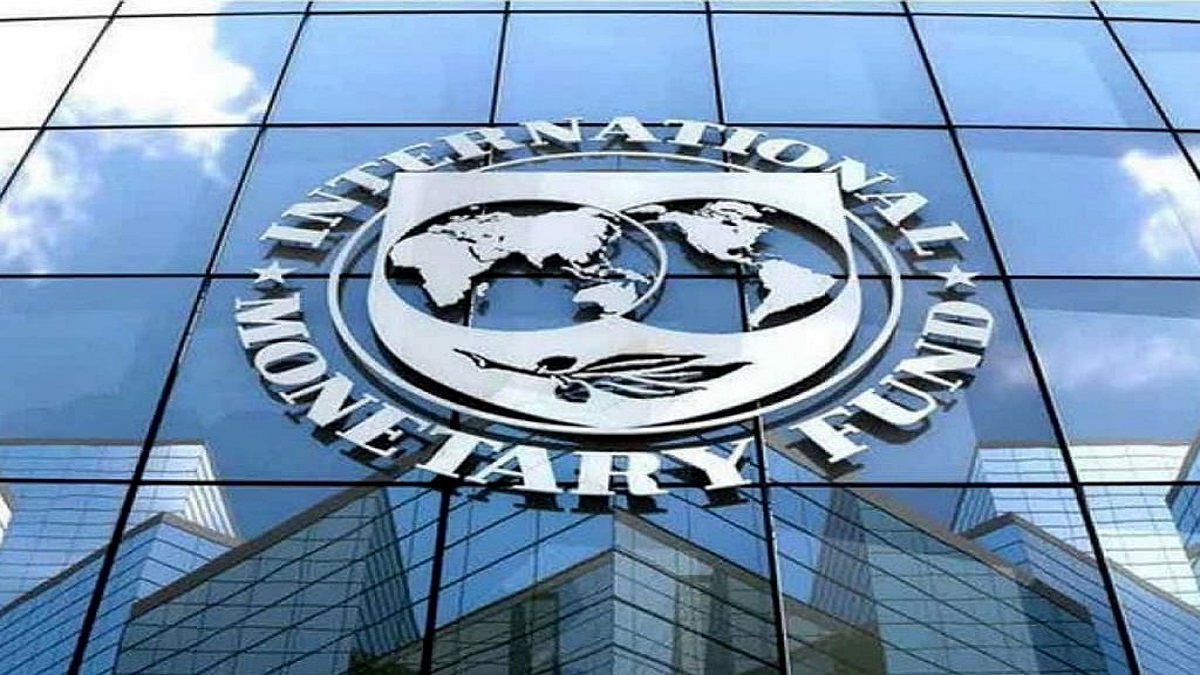International Monitory Fund (IMF) has suggested that till the time, pandemic is over, the fiscal policies of the countries should remain flexible with special reference to healthcare, households, viable firms, and economic recovery. The flexibility, however, may be of different level for different countries, depending upon the severity of the Pandemic and ability to access low-cost borrowing.
In a report about Pakistan, the Fund has shown an optimistic picture of the years to come. The IMF has estimated the fiscal deficit for next year at 5.5 % and going down to 3.9 % in the fiscal year 2023. By 2026, the fund has estimated that the same would be at 2.9 %. According to this report, the Country’s general government gross debt will be at 87.7% of GDP, which is the highest in history by the end of this financial year, but will start declining to 83.3% and then gradually lowering to 65.5% by 2026.
The net debt-to-GDP ratio after adjusting repayments was estimated at 80.7% during the fiscal year 2021 and then coming down to 77.3% in the next fiscal year and 72.4% in the financial year 2023. It is estimated to continue coming down to reach 61.6% by 2026. The primary deficit turning positive 0.4% of GDP in the fiscal year 2022 and then primary surplus reaching 1.6% of GDP by the year 2023 and then remaining flat in the same range up to 2026.
Read More: IMF Executive Board completes reviews of Pakistan’s economy; approves $500m for budget support
The report of IMF says that Pakistan’s revenue-to-GDP ratio improving from 15.8% of GDP this year to 17% next fiscal year and will remain at 17.6% for the next four years. The expenditure-to-GDP ratio will also come down from 22.9% during this year to 22.5% next year and then coming down to 0.4% every year to touch the figure of 20.5% of GDP by 2026.
The report of the Fund says that many governments in developed countries have been implementing reasonable spending and revenue measures in 2021. Support in developing countries has been smaller and front-loaded with a large share of measures expiring. Fiscal support has stopped severe economic collapse and big job losses.





















